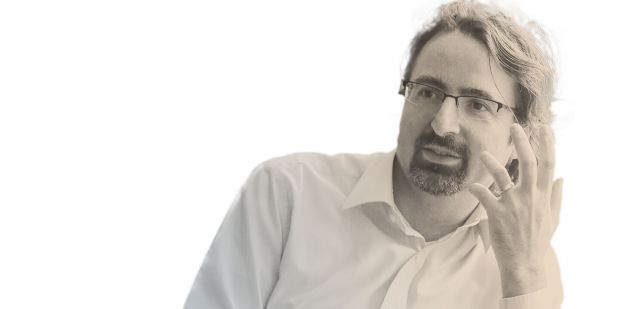Head of the new Integrative Food and Nutrition Centre set up at the Swiss Federal Institute of Technology in Lausanne (EPFL) in October 2014.

What role does a food and nutrition centre have at EPFL?
Food and nutrition play a major role in society. By 2050, there will be 9 billion mouths to feed on the planet. Food will need to be produced more efficiently, with less waste. And we need to better understand the effects of nutrients on our metabolism. It’s the duty of a school like ours to take up these challenges.
How does the structure work?
It’s a virtual centre, as it doesn’t have its own building or laboratory. The idea is to set up a platform to drive research and provide a better interface between scientists and industrial groups or lenders. A call for projects will take place every year at all schools at EPFL.
What are the winning projects for 2015?
There are ten of them, including a vitamin lyophilisation project to extend their shelf life, another on the development of carbon nanotubes to create smart food packaging and a study on reducing the amount of arsenic absorbed by rice plants. These projects were selected based on their potential impact on society. We believe it’s time for scientists who have not yet thought about applying their expertise to food to start doing so. For example, cancer research centres have brought in mechanical engineers who have opened up unexpected fields of study. We hope to see the same kind of development here at EPFL.
Francesco Stellacci is a professor of Materials Science at EPFL. After finishing his doctorate at Politecnico di Milano (Polytechnic University of Milan), he taught at the Massachusetts Institute of Technology. He heads the new Integrative Food and Nutrition Centre set up at the Swiss Federal Institute of Technology in Lausanne (EPFL) in October 2014.